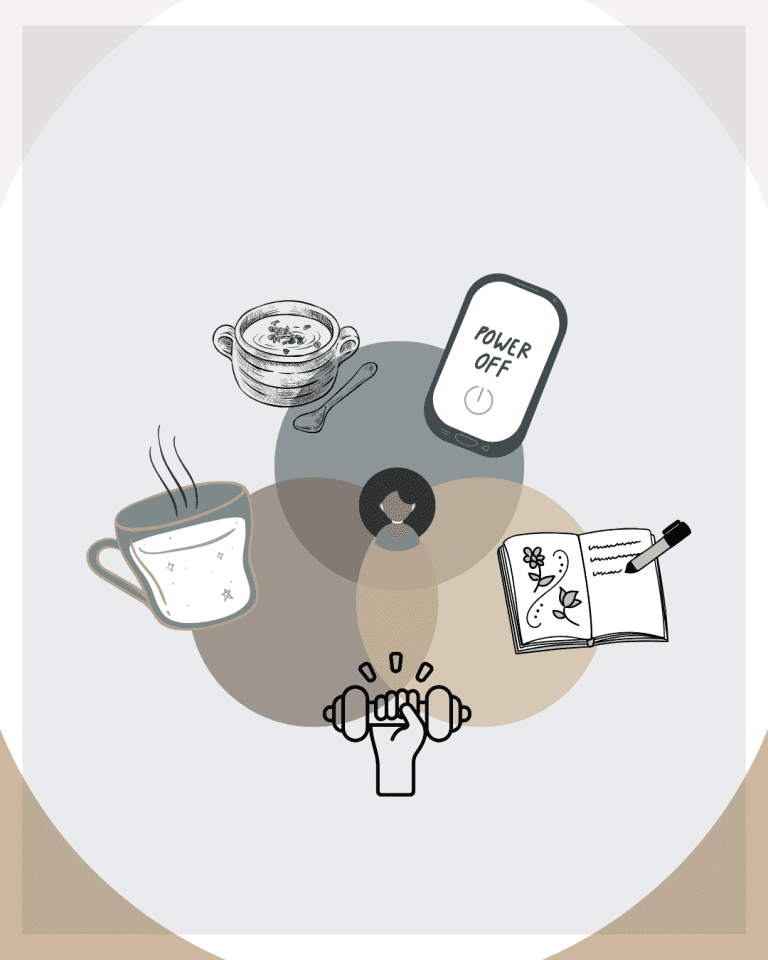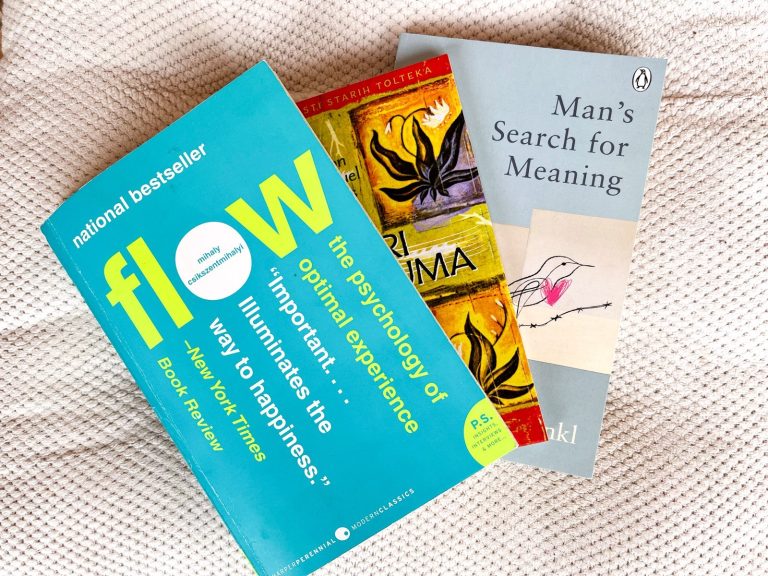The Subtle Art of Not Giving a F#ck, Book Review
Who you are is defined by what you’re willing to struggle for.
Mark manson
The Subtle Art of Not Giving a F#ck by Mark Manson is essentially a book about values.
The author challenges us to rethink society’s definition of success and instead focus on the values that genuinely align with our lives.
This book sat on my shelf for years, and in 2024, I finally picked it up.
At first, the blunt writing style caught me off guard. But as I kept reading, I realized its directness was part of its power. It forces you to question your choices, priorities, and expectations.
In this article, I’ll share my biggest takeaways from the book and why I believe it’s worth reading.
What is The Subtle Art of Not Giving a F#ck about?
At its core, The Subtle Art of Not Giving a F#ck is about identifying what truly matters and letting go of everything else. Just as the author advises limiting exposure to mindless distractions like social media, television, and technology, he also urges us to stop wasting energy on things that add little to no real value to our lives.
Above all, this book challenges us to examine our values. When we hold onto poor values, we focus on things that don’t matter, often making our lives worse in the process.
But by choosing better values, we shift our attention to what genuinely improves our well-being, leading to greater happiness and success.
At its heart, self-improvement is about choosing the right values and caring for the right things.
The author highlights five key values that lead to a more meaningful life: Responsibility, Uncertainty, Failure, Rejection, and the Contemplation of Mortality.
Key takeaways from The Subtle Art of Not Giving a F#ck

Life is suffering
Life is a constant series of challenges, and hoping for a problem-free existence is unrealistic. Instead, the goal should be to have better problems—ones that lead to growth and fulfillment.
The problems you face are, to some extent, a choice. When you stop living in denial and blaming others, you take ownership of your struggles. This shift in mindset brings acceptance and puts you on the path to real solutions.
True happiness comes not from avoiding problems, but from confronting and overcoming them.
You are not special
The problem with most people is that they have a high sense of entitlement. This causes people to have a false sense of success. People start to believe that they can be rewarded for anything without even doing the work to earn it. But the truth is that most people are mediocre at most things and only successful at a few things.
Technology itself enables entitlement. It makes us believe that we need to be exceptional and polarizing. It shuns us for being average, promoting shame and insecurity. Learn to accept that it is okay to be mundane and normal.
Choose the right values
You need to redefine your own values and metrics. Instead of comparing yourself to others, focus on living up to your own values. Start by asking yourself: Why do I choose to have this? Why is this success to me? Why are these my values? How am I choosing to measure success and failure? However, you need to make sure that your values are good.
Strong values are rooted in reality, actionable, and within your control. Poor values, on the other hand, are external, superficial, and often based on seeking validation from others.
Good Values are:
- Reality-Based
- Socially constructive
- Immediate and controllable
Examples: honesty, creativity, innovation, vulnerability, standing up for yourself, curiosity, and humility
Bad Values are:
- Superstitious
- Socially destructive
- Not immediate or controllable
Examples: popularity, dominance, the center of attention, being rich, and sacrificing animals.
Responsibility
We don’t always control what happens to us. But we always control how we interpret what happens to us, as well as how we respond.
We alone are responsible for everything that happens in our lives, no matter what the circumstances.
Mark Manson emphasizes that responsibility isn’t about blame, it’s about ownership. Life is unpredictable, unfair, and often difficult. But shifting responsibility onto others keeps us stuck.
True power comes from accepting that, even if something isn’t our fault, it is still our responsibility to deal with it.
Taking responsibility means recognizing that our choices, actions, and even our thoughts shape our reality. Instead of complaining about problems, we must decide how to face them. This shift in mindset allows us to focus on solutions rather than excuses.
Uncertainty
Don’t find yourself. Never know who you are.
Uncertainty is essential for progress and personal growth. It forces us to question our beliefs, challenge our assumptions, and remain open to new ideas.
Being wrong isn’t a failure. When we accept that we don’t have all the answers, we create space for learning and improvement. If we refuse to question ourselves and always believe we’re right, we remain stagnant, never evolving beyond our current limitations.
I wholeheartedly agree with this idea. The ability to reflect, learn from mistakes is one of the most important qualities a person can have.
Contemplation of mortality
The more I peer into the darkness, the brighter life gets, the quieter the world becomes. There is nothing to be afraid of. Ever.
Facing reality strips away superficial values. When you truly think about death, everything in life gains perspective.
Nice cars, designer bags, expensive shoes, all these material things lose their meaning. They are simply symbols, meant to signal success to others. But is that really what matters to you?
When you reflect on your own mortality, your true priorities become clear. Your children, your friendships, the values you live by, your legacy. It all comes into focus.
Final Thoughts
I enjoyed Mark Manson’s blunt, no-nonsense style and his willingness to tackle life’s uncomfortable truths.
For me, the most powerful lessons were about taking responsibility for our own problems, choosing the right values, and understanding that life isn’t just about happiness. Struggles, challenges, and failures aren’t obstacles to avoid, they are necessary for growth.
I highly recommend this book to anyone. It’s an engaging read that will make you question the life you lead, and I believe everyone can take something valuable from it.
Related Posts
The Power of Now – Key Takeaways






